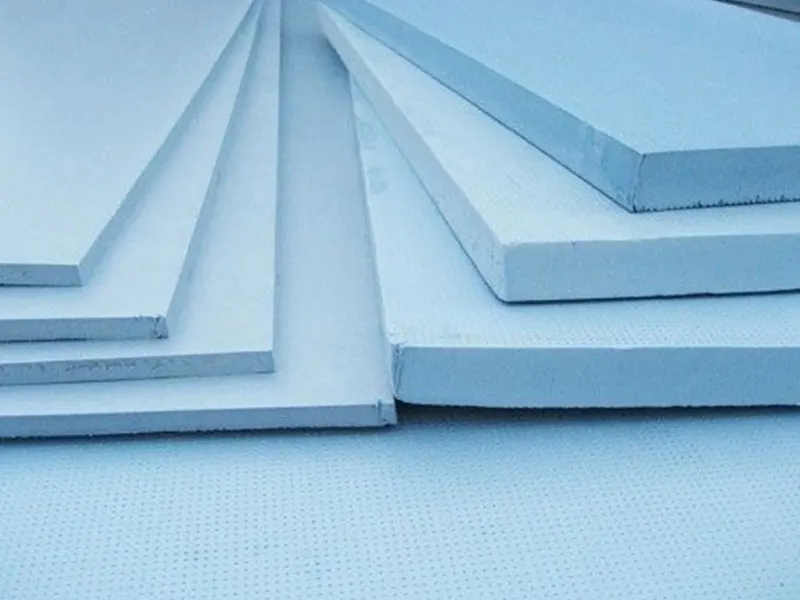
Insulation plays a vital role in commercial buildings by enhancing energy efficiency, regulating temperature, and providing cost savings. Common insulation materials include fiberglass, spray foam, rigid foam board, mineral wool, reflective insulation, and cellulose. Each of these materials contributes to the building's overall efficiency and sustainability. Choosing the appropriate insulation material allows commercial buildings to boost their performance while also reducing their ecological footprint.
Commercial insulation provides a variety of advantages for contemporary buildings, such as increased energy efficiency, greater comfort, soundproofing, fire safety, and enhanced durability. It lessens the dependence on heating and cooling systems, leading to reduced utility expenses and a smaller environmental footprint. Proper insulation helps to maintain indoor temperatures consistent, which boosts productivity and overall satisfaction. Moreover, it reduces noise transfer, creating a more peaceful work environment. Quality insulation materials can last for many years with less maintenance, ensuring effective energy management and protection for the building.
Insulation selection for a building depends on climate, design, energy efficiency, fire resistance, moisture management, soundproofing, and budget constraints. Environmentally conscious builders may opt for recycled or biodegradable options.
Venus Enterprises presents Insuboard, a top-tier insulation solution crafted for maximum energy efficiency and comfort in buildings. Thanks to its superior thermal properties and long-lasting durability, Insuboard is perfect for a range of applications, helping to maintain stable indoor temperatures and lower energy expenses.